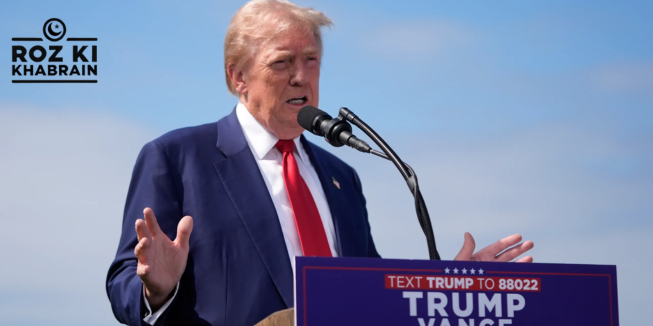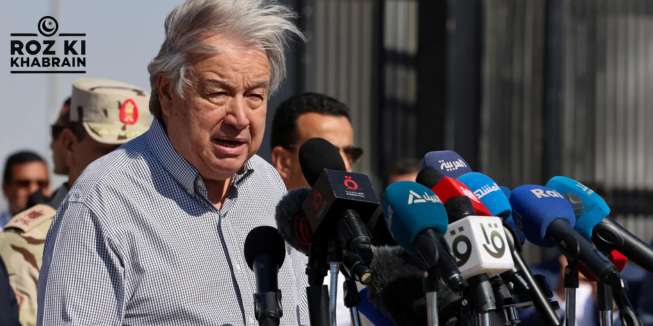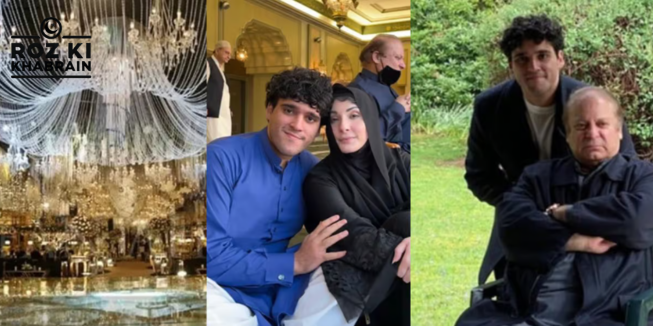As the presidential election approaches, America is witnessing an unprecedented surge in legal betting, with over $100 million staked on the outcome of the contest between former President Donald Trump and current Vice President Kamala Harris. This trend gained attention recently at Trump’s rally at Madison Square Garden, where an advertisement for Kalshi, an online betting platform, encouraged attendees to “Bet $100 on Trump, Get $175.” This promotional push signifies a notable shift in how Americans engage with politics and raises important questions about the ramifications of wagering on election outcomes.
This rising trend in legal election betting follows a recent federal appeals court decision that allowed KalshiEX LLC to create an election prediction market. Kalshi’s CEO, Tarek Mansour, describes this market as a “mechanism for truth,” suggesting it provides ordinary Americans a way to navigate the unpredictability of political events. Presently, Kalshi’s odds indicate a 63% chance of Trump winning.
While this approach offers voters an innovative way to participate in the democratic process, critics such as Senator Jeff Merkley (D-Ore) have voiced concerns. Merkley describes the legalization of election betting as a “huge mistake” that threatens the integrity of American democracy. As legal disputes involving Kalshi continue, questions linger about how this novel betting format could influence one of the most contentious presidential races in recent history.
Historical Context
Betting on U.S. presidential elections is not a new phenomenon. Betting markets emerged in the early 20th century and were known for their predictive accuracy regarding election outcomes. Keith Romer, a former NPR correspondent on gambling stories, noted that prior to the advent of scientific polling, betting markets had a remarkable track record, correctly projecting the winners of 11 out of 15 presidential elections from 1884 to 1940. However, the rise of scientific polling and stricter gaming regulations led to the decline of this practice.
Recently, prediction markets have made a resurgence. Offshore prediction market Polymarket has reportedly taken over $2.5 billion in bets, with a substantial portion tied to Trump’s chances of winning. Critics have raised concerns about the integrity of these markets, suggesting they may artificially inflate betting volumes.
Legitimizing Election Bets
Kalshi aims to create a legitimate framework for political betting, positioning itself as a preferable alternative to traditional polling methods. Mansour argues that Kalshi democratizes access to political risk management, allowing everyday Americans to participate alongside wealthy investors.
However, the potential for manipulation of betting markets to influence public opinion and candidate viability raises ethical questions. Mansour contends that the markets are self-correcting, as opportunistic bettors would profit from attempts at manipulation. Nevertheless, experts like Rajiv Sethi from Barnard College warn that this public betting market could influence fundraising, voter enthusiasm, and ultimately electoral outcomes.
Concerns Over Election Integrity
As Election Day nears, predictions from the Kalshi market have become more pronounced. For instance, Kalshi currently gives Trump a 30-point advantage, which starkly contrasts with most political polls reporting a statistically tied race. This discrepancy raises significant concerns about the reliability and accuracy of prediction markets.
Interestingly, Merkley’s proposed legislation highlights a moral and legal conflict surrounding betting on election outcomes. He believes that such practices undermine the democratic process, transforming civic engagement into financial gambling. The Commodity Futures Trading Commission (CFTC) has also expressed similar concerns in ongoing cases involving Kalshi, arguing that elections should not be commodified.
Conclusion
The debate surrounding election betting is poised to intensify as Election Day approaches. While proponents like Mansour argue that these markets enhance transparency and integrity, critics emphasize the inherent tension between profit and principle within the electoral process.
As Americans place millions in bets on the future of their country, the central question remains: at what cost does this new form of engagement come? Such betting could have profound implications that extend far beyond the ballot box, potentially reshaping political landscapes and altering the very fabric of American democracy.




